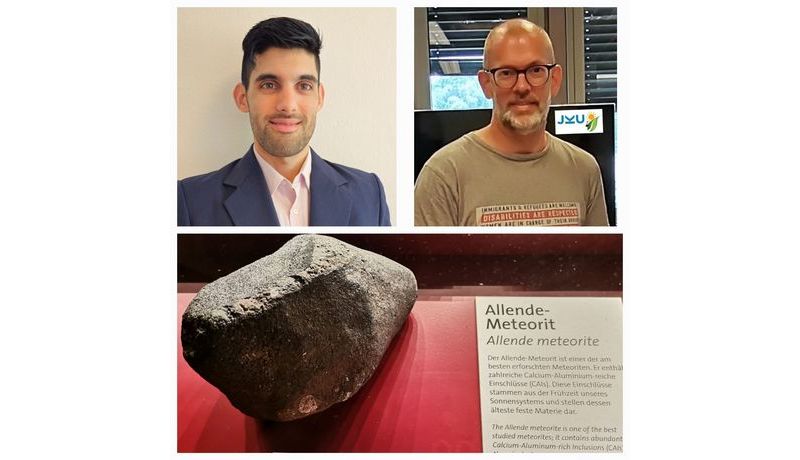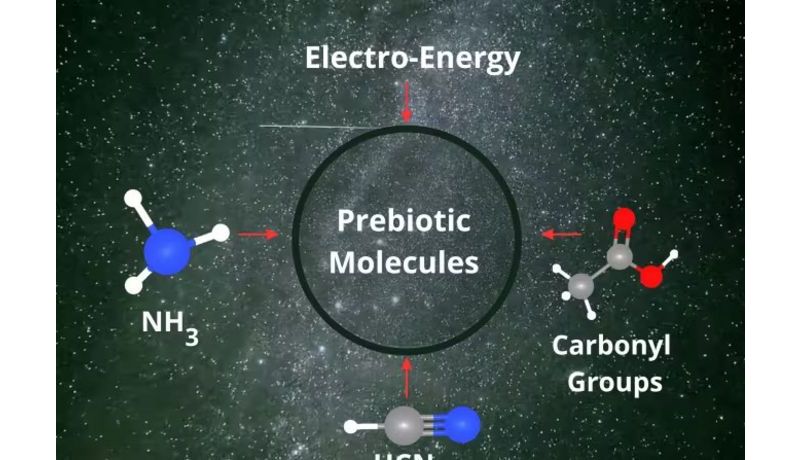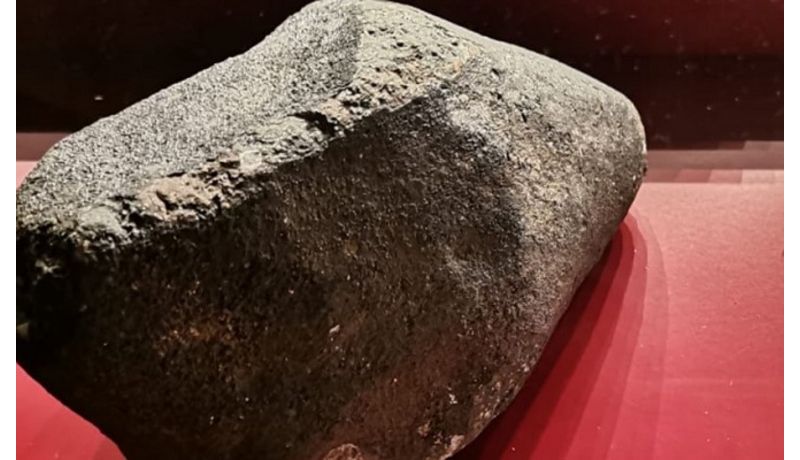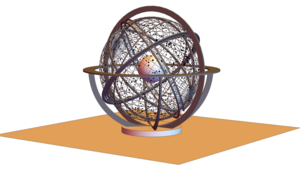It takes the right conditions to create life, such heat, water and, of course, life's building blocks, such as amino acids and proteins.
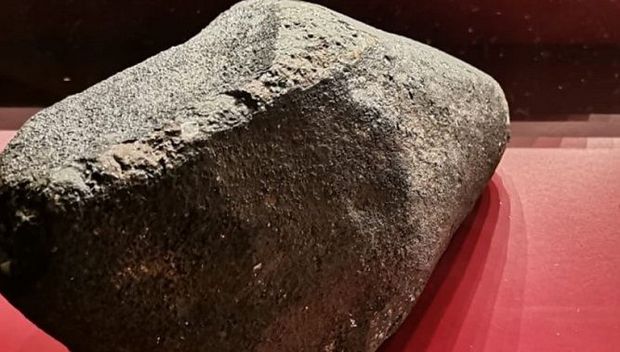
The building blocks of life have been discovered on meteorites and research at the Johannes Kepler University Linz is adding an important aspect to what we know about life by revealing just how these building blocks of life may have formed in space. Researchers found prebiotic molecules (the fundamental building blocks required for life as we know it) on meteorites as well as on samples taken during space missions. The origin of these molecules has long been subject to controversy.
There is the Strecker synthesis (which produces prebiotic molecules out of elements such as hydrogen cyanide, organic carbonyl compounds, and ammonia) but ammonia is a very volatile gas and has never been discovered in asteroids or meteorites.
Meteorites containing ammonia
By performing electrochemical experiments and using a meteorite as a catalyst, JKU chemists Wolfgang Schöfberger and Lucas Fernández (the Schoefberger Lab at the JKU's Institute of Organic Chemistry) experienced a scientific breakthrough by discovering that as part of a complex reaction, a mineral present in the meteorite releases ammonia. They have discovered the missing building block in prebiotic molecules!
Schöfberger remarked, “We were also able to verify how the molecules were formed. These discoveries greatly enhance our understanding of astrobiological chemistry, offering valuable insights into prebiotic processes and the potential presence of life-building blocks throughout the universe.”
The research findings have been published in the renowned journal, Chemistry - A European Journal.
Celestial objects act as “taxis” to transport molecules
Meteorites may have transported these molecules to various planets and under the right conditions, these molecules may have become the basic building blocks of life. Schöfberger added: “One of the great mysteries in the study of life's origins is how the first cell and the first living organism came about. Although there is still considerable debate surrounding the topic, we now know prebiotic molecules can indeed have formed on meteorites.”
This is a significant breakthrough and what seems to have worked on Earth may have also been successful on other planets. When it comes to the origin of life, Lucas Fernández hopes to be a part of new discoveries: “Our research indicates that life may actually occur with greater frequency than people might think.”
Access the paper:
 Go to JKU Homepage
Go to JKU Homepage







